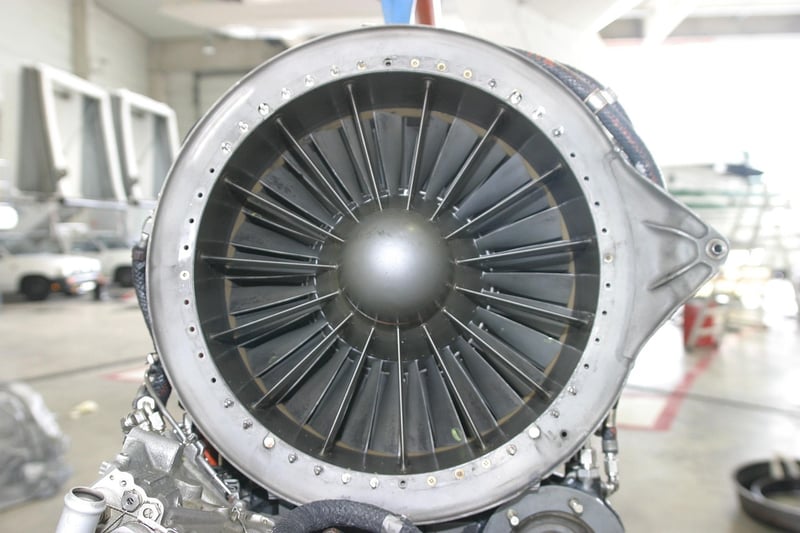Advanced Propulsion
The Future of Travel: Cutting-Edge Innovations in Advanced Propulsion
As technology continues to advance at a rapid pace, the field of propulsion is experiencing exciting developments that promise to revolutionize the way we travel. From electric propulsion to advanced fuel technologies, the future of transportation is set to become faster, cleaner, and more efficient than ever before.
Electric Propulsion
One of the most significant innovations in propulsion is the rise of electric propulsion systems. Electric vehicles have already begun to transform the automotive industry, offering a cleaner and more sustainable alternative to traditional gasoline-powered vehicles. In the aerospace sector, electric propulsion is also gaining traction, with companies developing electric aircraft that promise to reduce emissions and noise pollution.

Advanced Fuel Technologies
Another area of innovation in propulsion is the development of advanced fuel technologies. Hydrogen fuel cells, for example, offer a promising alternative to traditional fossil fuels by producing electricity through a chemical reaction between hydrogen and oxygen, with water as the only byproduct. This technology has the potential to power a wide range of vehicles, from cars to airplanes, with zero emissions.

Hyperloop Technology
Hyperloop technology is another groundbreaking innovation in propulsion that aims to revolutionize long-distance travel. This high-speed transportation system involves propelling passenger pods through a vacuum tube at speeds of up to 700 mph, significantly reducing travel times between major cities. With ongoing research and development, the Hyperloop has the potential to become a game-changer in the future of transportation.

Conclusion
The future of travel is set to be transformed by cutting-edge innovations in advanced propulsion. From electric propulsion to advanced fuel technologies and hyperloop technology, these advancements hold the promise of faster, cleaner, and more efficient transportation systems. As research and development in this field continue to progress, we can look forward to a future where travel is not only more sustainable but also faster and more convenient than ever before.
